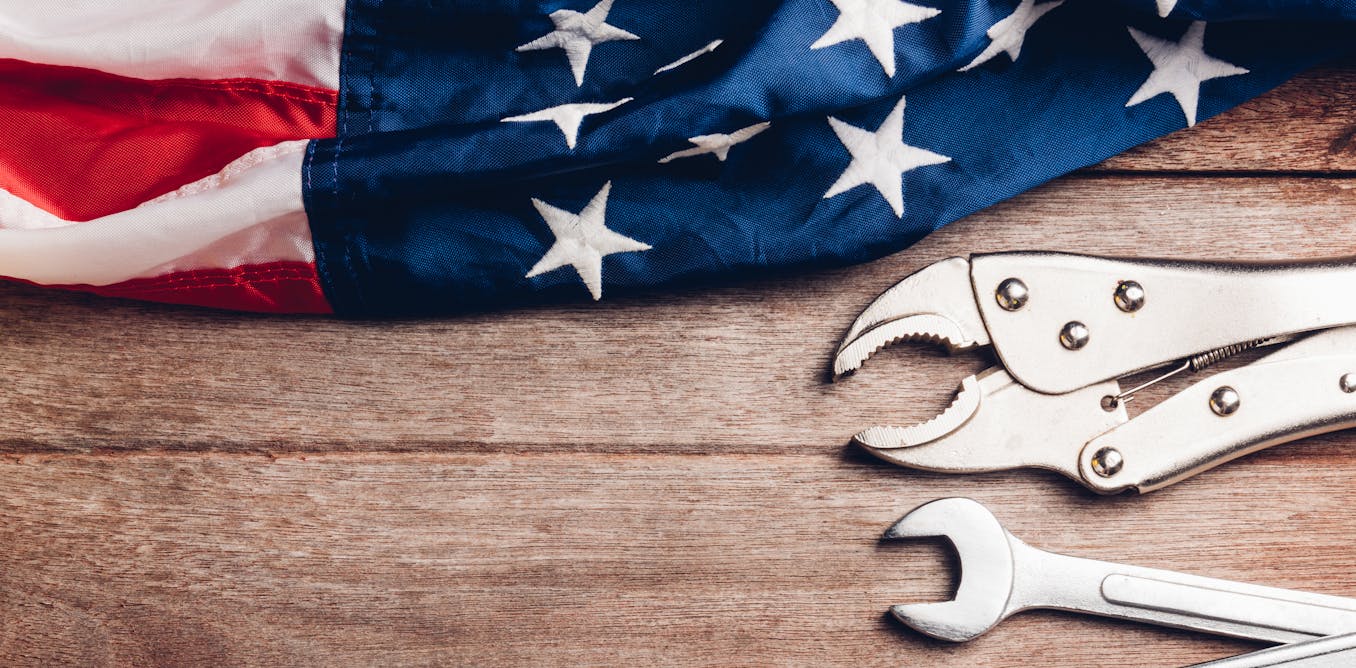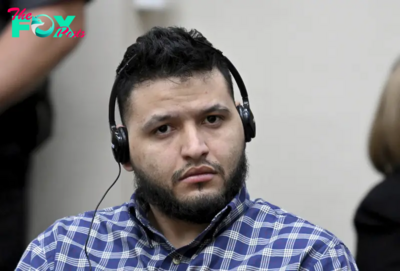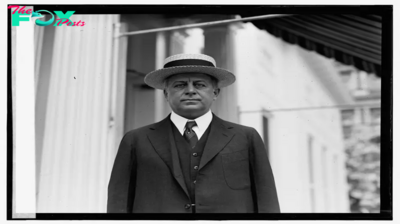Politics
Why Howard University Is a Special Place for Kamala Harris
After Kamala Harris received the call this summer that President Joe Biden would be endorsing her for the Democratic nomination, she immediately sprung into action working the phones in her Howard University sweatshirt.
The sweatshirt isn't just a callback to the Vice President’s alma mater; it’s also a symbol of the historic nature of her candidacy. If Harris wins the election, she will be not only the first woman President, but also the first graduate of a historically Black college (HBCU) to hold the position.
Harris matriculated at Howard in 1982, earning her bachelor’s degree in economics and political Science. She has referred to her time at Howard as her “formative years” where she first found her love of Politics. “For me, Howard is home,” Harris wrote in a January 2021 Instagram post, recalling her first experiences running for student office and joining her sorority, Alpha Kappa Alpha. “Howard taught me that while you will often find that you're the only one in the room who looks like you, or who has had the experiences you’ve had, you must remember: you are never alone.”
Howard University is one of approximately 107 HBCUs across the U.S. While many HBCUs have been historically underfunded, Harris has used her platform at the White House to support the institutions. Earlier this year, Harris welcomed Howard’s men’s basketball team to the White House, saying that investing in HBCUs is an investment “in the strength of our nation for years to come.”
The support goes both ways: A “Bison for Kamala” PAC, referencing Howard’s mascot and organized by The Collective PAC, a group working to increase Black representation in Politics, raised $250,000 in support of Harris’ candidacy as of October 20, according to The Collective PAC.
Harris has remained steadfast in her support for Howard over the years. In 2017, the year she was sworn in as a California Senator, she delivered the university’s commencement address. During her speech, she urged graduates to pave their own paths, reminding them that Howard “encourages us—expects us—to use our voice.”
Harris has also referenced a number of Howard’s famous alumni who have inspired her— in her 2019 memoir, The Truths We Hold, she wrote that she decided to attend Howard because she wanted her career to “get off on the right foot. And what better place to do that than at Thurgood Marshall’s alma mater?”
And, in 2019, she formally announced that she was running for President at Howard University. “This is where it all began,” she said. (She would go on to drop out of the 2020 Democratic primary before being chosen as now-President Joe Biden’s running mate.)
As she seeks to become the first woman President, Harris’ career already has been filled with firsts—she was the first African-American and first woman to serve as California's Attorney General and the second African-American woman and first South Asian-American senator in U.S. History. They’re achievements she attributes to attending Howard. She said in her 2017 commencement speech: “Howard taught me, as it has taught you, that you can do anything and you can do everything.”
-

 Politics7h ago
Politics7h agoAmericans agree politics is broken − here are 5 ideas for fixing key problems
-

 Politics7h ago
Politics7h agoGraduate students explore America’s polarized landscape via train in this course
-

 Politics12h ago
Politics12h agoICC arrest warrants for Israel’s Netanyahu and Hamas leader doesn’t mean those accused will face trial anytime soon
-

 Politics12h ago
Politics12h agoDenmark’s uprooting of settled residents from ‘ghettos’ forms part of aggressive plan to assimilate nonwhite inhabitants
-

 Politics16h ago
Politics16h agoPolice Report Reveals Assault Allegations Against Pete Hegseth
-

 Politics1d ago
Politics1d agoWhy Trump Actually Needs Mexico
-

 Politics1d ago
Politics1d agoMan Convicted of Killing Laken Riley Sentenced to Life in Prison Without Parole
-

 Politics1d ago
Politics1d agoAmericans agree more than they might think − not knowing this jeopardizes the nation’s shared values

















